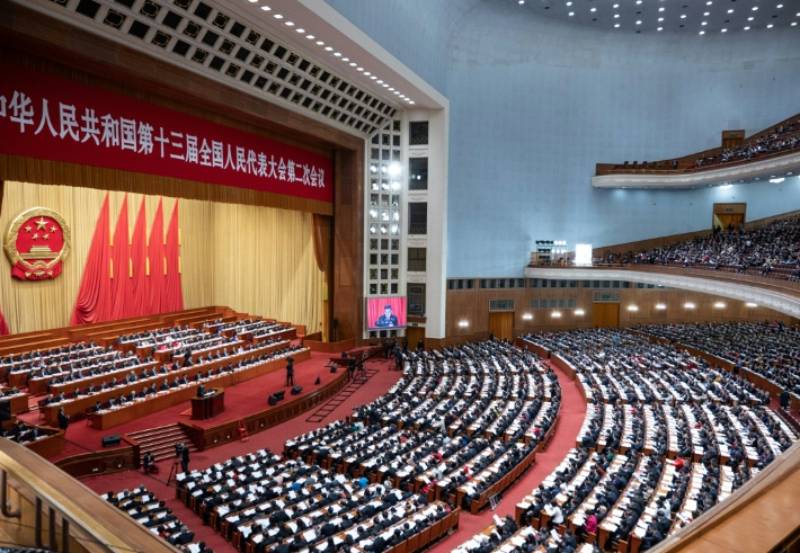×
The Standard e-Paper
Fearless, Trusted News

Victory announced against the virus: postponed in the midst of an epidemic, the annual session of the Chinese Parliament will finally be held at the end of May to celebrate the return of the country to normal.
The event, which usually brings together some 3,000 deputies in the solemn setting of the People's Palace in Beijing, will open on May 22, the China News Agency announced on Wednesday.